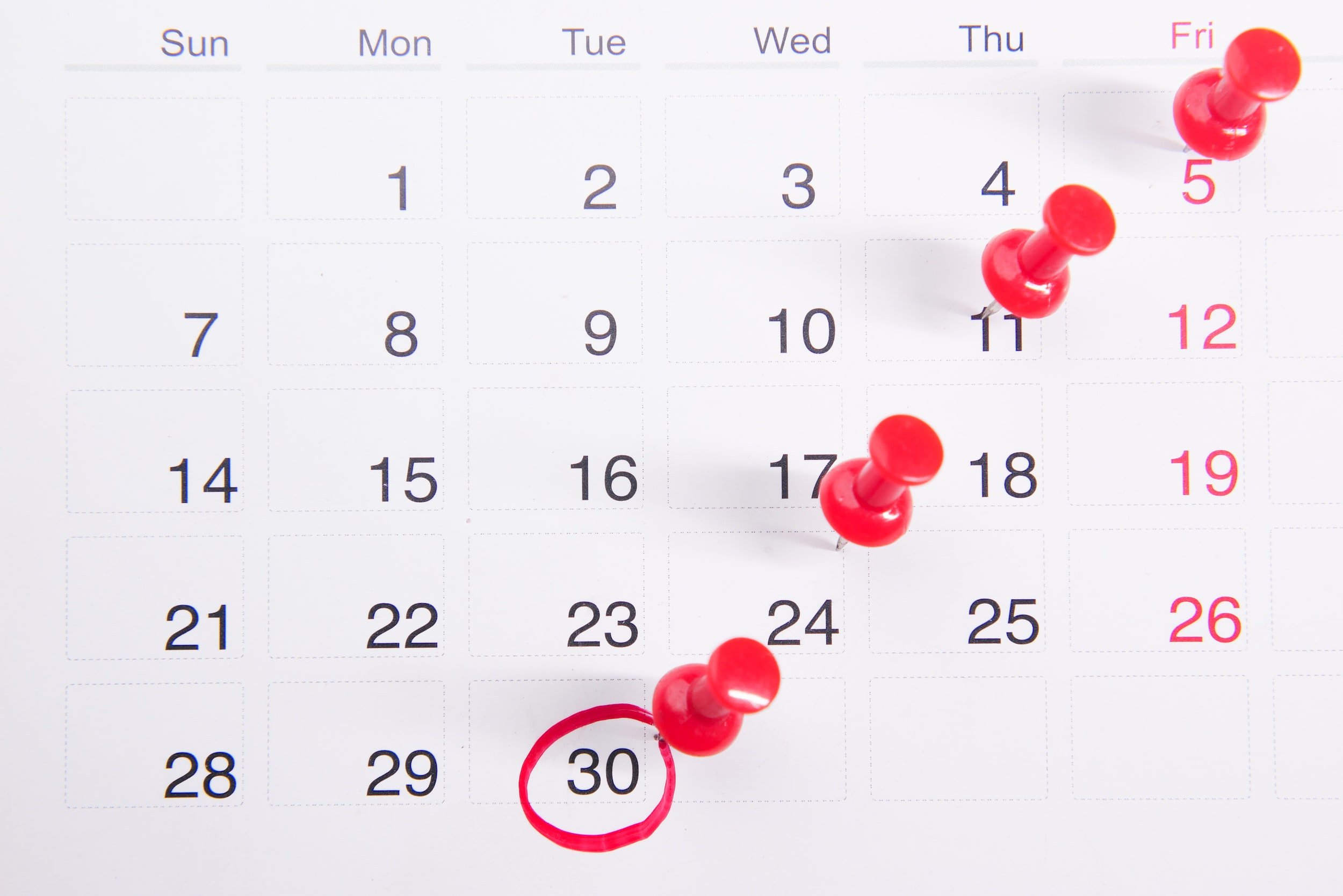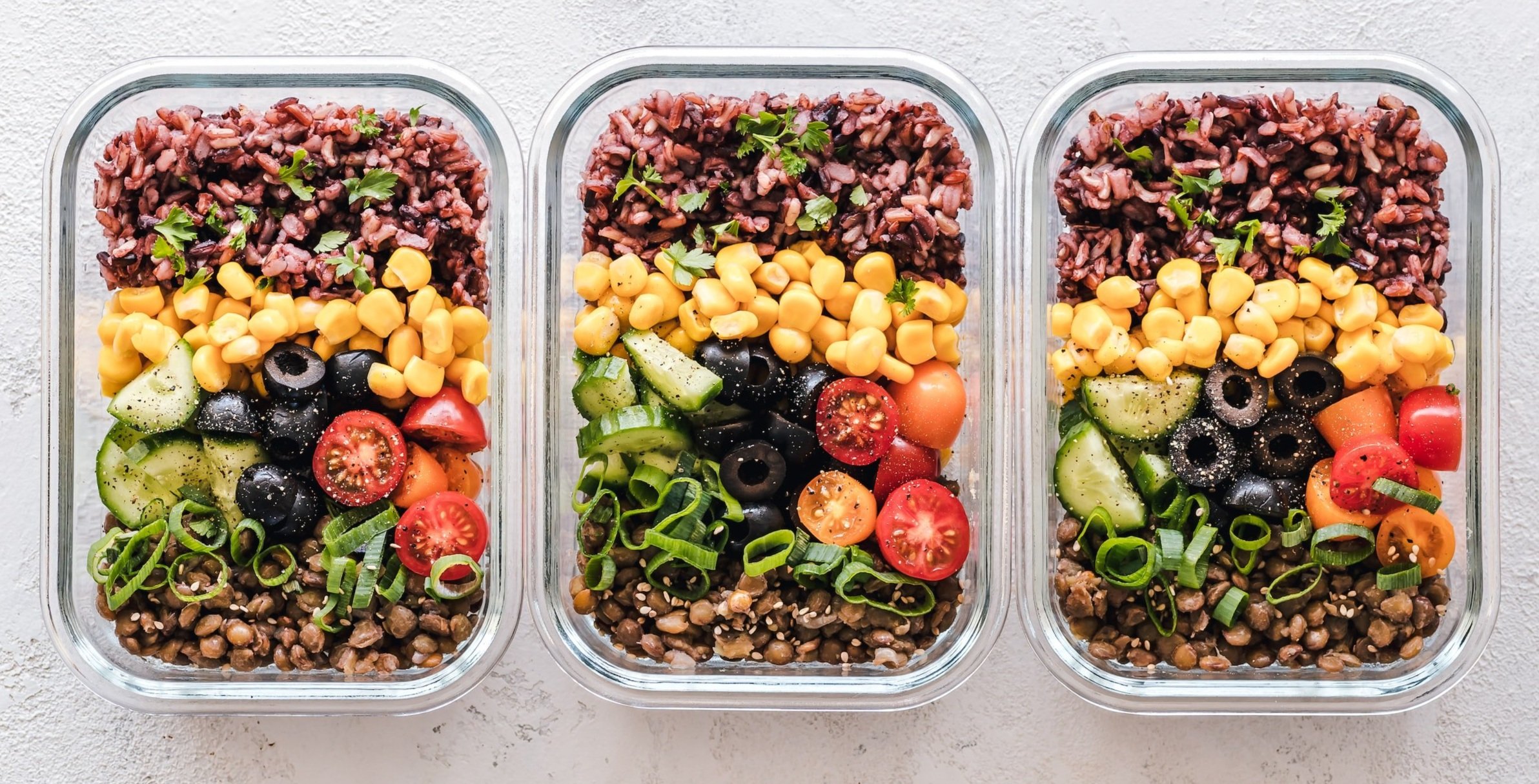Things only triathletes understand
Triathletes aren’t normal. Not in a superhuman kind of way (although I know a lot of people look at us like that) but in that our lives seem to operate on another level.
This doesn’t happen by accident. To be a triathlete, you need a level of commitment that goes way beyond that needed to train for one sport.
For example., when I was “just” running, my training plan had me pounding the pavement four times a week. Sure I could throw in the odd game of indoor footy, or a gym class if I wanted to. But in general, my regime only needed me to function at one end of the day, and on four days a week max.
But training for three different disciplines to execute on the same day requires even more, well, discipline, to get your ass out the door at least six days of the week, and often multiple times a day.
Triathletes really are a different breed. So how do we do it?
Well, Ironman thinks there are 7 key habits to be an effective triathlete. I call this “things only triathletes will understand”. The only thing is, they’re not all habits.
Some of them I’d class as addictions.
Take habit 5 about GPS watches. This is more about an addiction to numbers and data. Because most of the time we’re looking at how we can do better. And, well the whole Strava PR thing just makes you even more competitive. With yourself as well as others!
Now, from that article, I think I’ve got 2 and 7 sussed. In fact I think my husband has gone on laundry strike considering the sheer quantity I’m now creating.
I need more help at number 6. Sleep is a vital part of recovery, but I’m not very good at going to bed early. Especially when I have an early morning training sesh. But then I’m often also training in the evening so need time to wind down.
And eat properly. Another vital part of recovery. Which can sometimes get overlooked.
After reading this article, it got me thinking about things that only triathletes will get. Things that are a normal part of our everyday lives that no one else might even contemplate. And here’s some of the things I came up with:
You diarise time to spend with your family. When I first started building up my half ironman training I sat down with hubby to talk about what was going to happen for the following three months. I explained I was going to have to be a little bit selfish and that my training came first from Monday to Thursday, and weekend mornings. But I’d reserve weekend afternoons and evenings for us, and not arrange any girls’ nights (without asking at least). Luckily hubby understood and will support me to the end. He knows it’s short term pain for long term gain (a happy wife is a happy life and all that!).
You feel like you spend your weekdays working, training, cooking, eating and sleeping. And very little else. There’s no time left in the day. Unless you have a really helpful and understanding partner or flatmate who’ll help out with the cooking, you’ll often end up coming home at the end of your day and prepping dinner. And then you’re still not done. Which brings me to my next point.
You appear to everyone else like you’re super-organised. Because of your early morning training sessions, usually followed by work, and then topped off with more training after work, you have all the next day’s clothing requirements completely planned out and packed the night before. And if you’re anything like me, you also have breakfast and lunch prepped too. Most of the time I feel organised. But it can sometimes be very rushed, in a kind of “dammit I just want to go to bed but I haven’t packed for tomorrow” kind of way. And you’re often left without any wind down time. And you may forget to pack something really important. Like underwear (it has been known).
You have “emergency” clothing items in your desk drawer at work. To rectify the final point above, I’ve got an emergency bra at work because I once got my stuff ready the night before and managed to pack a coloured/patterned bra, along with a nice white shirt. It wasn’t a good look. Based on recent experience, I need to extend that to emergency undies too.
Fuel isn’t something you put in your car and gel isn’t something you use to style your hair. Given the amount of time you spend training, and the energy you’re using, you need to make sure you’re feeding your body enough to get through. Everyone will have something to say on the subject of nutrition, but there’s two things they’ll agree on: a) that you’ll need to find your ideal nutrition during training because you don’t want to find out on race day that something “doesn’t agree with you” (I’ve heard the stories and trust me, I don’t want to be *that* person). And b) everyone is individual so what works for you might not work for your training partner. Try things out early and get to know your own body. Then practice in the last few weeks before race day.
What would you add to this list?


